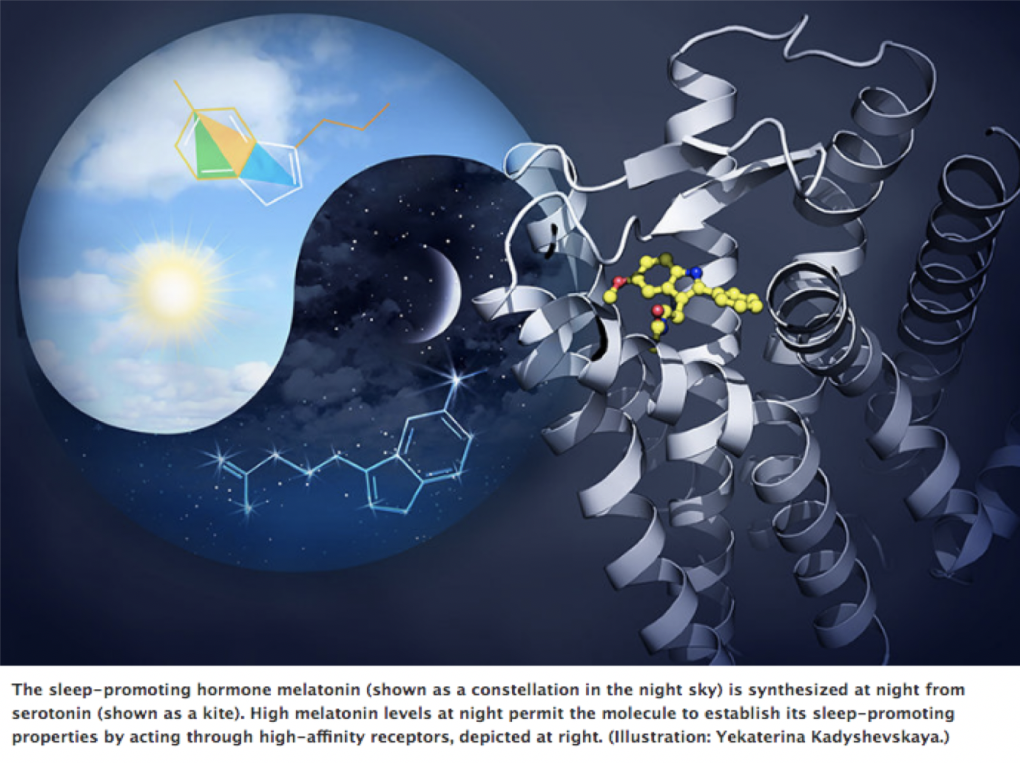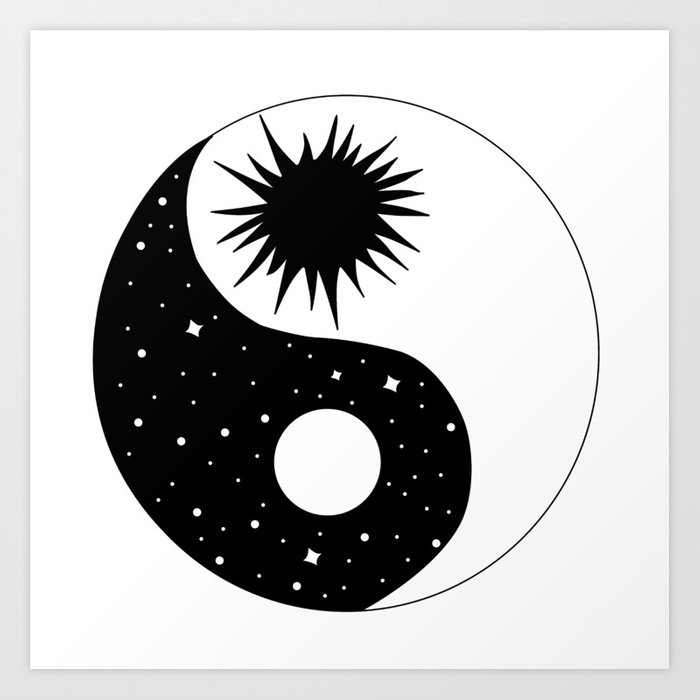Integrative Health Tips – PART 1 January 29, 2021 taotohealth Previous Post In my last two blog posts, Anxiety from an Integrative Health Perspective and YIN YANG and Your Health, I discussed the connection between our physical and mental/emotional health. There’s a saying that form follows (or supports) function, and in the case of integrative or holistic health, the same is true with the inverse, function supports form. Frank Lloyd Wright also affirmed “form and function should be one, joined in a spiritual union.” Gersema E. (2019). A good night’s sleep may be in sight [Internet]. Los Angeles: USC Dornsife. Retrieved from: https://dornsife.usc.edu/news/stories/2999/researchers-to-develop-new-sleep-disorder-treatments In regards to health, function includes optimal mental and emotional resilience that supports form or physical well-being. When unresolved emotions and thoughts such as anger and fear linger and consume most of our waking moments, we inadvertently raise the sympathetic response which elevates our heartbeat, impedes digestion which in turn causes digestive issues, insomnia, as well sexual and reproductive issues which depend on a balance between the sympathetic and parasympathetic responses. Such physiological responses are absolutely necessary given the appropriate time and place. But it becomes problematic when these responses are constant and can’t be turned off producing a vicious cycle. In this post, I’ll provide some suggestions to help improve your health to help break the vicious health cycle – both from a physical and functional perspective. First of all, we need to prioritize health areas we need to improve and regulate. My suggestions are not exclusive in any way, but these are health focus areas I grew up hearing from my Korean elders who understood the importance of Yin Yang health principles, the importance of regulating the following: Emotions/thoughts Sleep Nutrition (input) Elimination (output) Ergonomics/posture (yes, ergonomics) The emotional and mental realm is the most elusive and challenging to address. However, the first step is to identifying there is an imbalance that needs to be corrected. Since there are other professionals who are well-versed and better trained in this subject area, I recommend reading or listening to the works of Dr. Jordan Peterson, clinical psychologist, and Dr. Bruce Lipton, biologist, who have great insights about the interplay between the mind and body. Dr. Peterson has a great understanding of not just modern psychology but also of world philosophies and ancient wisdom. If you are unfamiliar with Dr. Peterson and Dr. Lipton’s work, I highly recommend them both. 12 Rules to Life, Jordan Peterson The Biology of Belief, Bruce Lipton So, let’s begin with improving sleep. Some people are inclined to be night owls. It’s best to follow the natural cycle of the sun and moon as our biology also responds to light. Don’t expect to follow all these suggestions. You can start with ones that work for you so you get “quality” sleep and not necessarily more hours of sleep. Go to bed at the same time and wake up at the same time regularly. Our body functions optimally with routine. Keep your bedroom dark. Turn off or reduce lights from electronic devices. Use black out curtains. Avoid stimulants like coffee, tea, chocolate, and sugar after 1pm (or earlier). Avoid alcohol and cigarettes before bed. Alcohol interferes with deep sleep even if it initially helps you fall asleep. Exercise daily, but it’s best to do in the morning or mid-day, not right before bed. Wear light socks to bed in the summer and heavy socks in the winter. Warm feet can promote good sleep, especially in the winter. A warm foot soak will also help induce sleep. Eat dinner at least 3 hours before going to bed. Ideally, dinner should be your smallest meal, breakfast your largest meal of the day, and lunch is the average size of breakfast and dinner. Have protein for dinner as it will help stabilize blood sugars until morning. Develop a pre-bedtime routine to help calm your nervous system. For example, after brushing your teeth, do some gentle stretches followed by a few minutes of prayer or meditation. Share this article: Health Tips Related Tags anxietyBruce Liptonemotional healthgut healthinsomniaJordan Petersonmind-bodysexual reproductive healthYin yang Previous Post
YIN YANG and Your Health August 5, 2020 taotohealth Previous PostNext Post The ancient Chinese observed and recorded the natural patterns and cycles as seen from the constant changes in the seasons and climate over millennia. The ancient Chinese were able to explain the cyclical fluctuations in natural phenomena as well as in human physiology with the Yin Yang principle. Yin Yang can be applied to explain the workings of almost any system, the weather, climate or physiological systems. Yin is traditionally associated with the moon, darkness and passivity; while yang is associated with the sun, light and activity. Earlier in 2019, researchers used the concept of Yin Yang as a model to explain the interdependence of melatonin synthesis from serotonin for promoting sleep. This example of melatonin-serotonin synthesis illustrates the dynamic relationship of Yin Yang to explain the sleep cycle. Gersema E. (2019). A good night’s sleep may be in sight [Internet]. Los Angeles: USC Dornsife. Retrieved from: https://dornsife.usc.edu/news/stories/2999/researchers-to-develop-new-sleep-disorder-treatments Melatonin is associated with promoting sleep and therefore is considered to be Yin, relative to serotonin which is Yang. Sun/Daylight helps promote the production of serotonin (Yang). From an eastern perspective, serotonin would be considered to be Yang, as serotonin is a neurotransmitter that promotes activity, cognitive functions, a happy mood and healthy gut function. And appropriate levels of serotonin motivate us to perform daily activities. But serotonin is needed as a precursor for melatonin synthesis and therefore serotonin and melatonin are interdependent. Melatonin would be considered to be Yin as it aids in sleep. Or in other words, the Yin functions are for the most part the parasympathetic (aka, rest and repair) responses which often happen when we are resting or asleep, while the Yang functions are the sympathetic responses. Autonomic Nervous system: Sympathetic (Yang)/ Parasympathetic (Yin) From an eastern perspective, optimal health is when the Yin and Yang functions are in dynamic balance and self-regulating without the long-term dependence of substances. For instance, after a hectic day at work or after a rigorous workout requiring your body to be active, your body is able to return to a resting heartrate and you will be able have a good night’s rest. However, for many people, this dynamic balance between Yin and Yang functions needs the assistance of sleep aids or caffeine, or prescription drugs to get many going or winding down. With the lockdowns, for some of us, this may be an opportunity to restore the Yin Yang balance by creating new habits that support Yin Yang functions. Next time, I’ll share some tips on how to bring your body back into more balance. Share this article: Yin Yang Related Tags balancemelatoninserotoninSleepYin yang Previous PostNext Post


